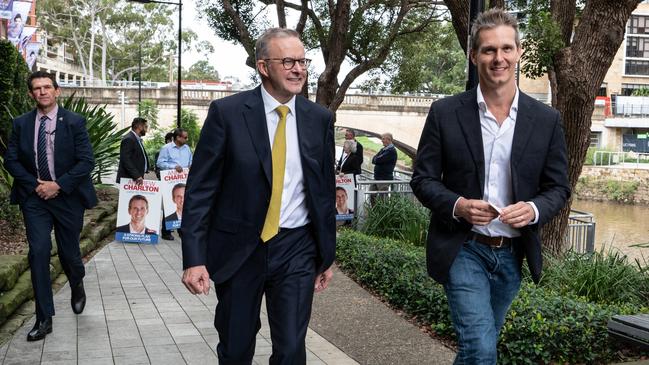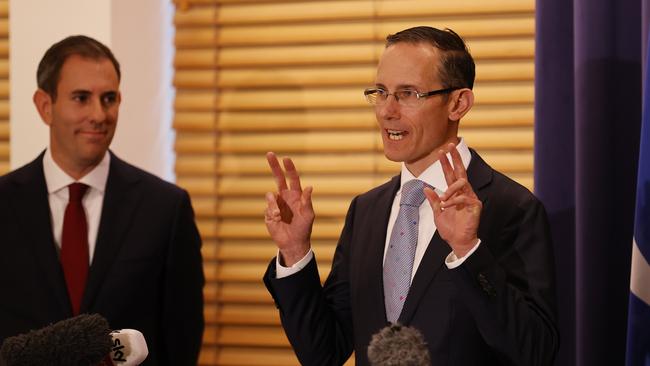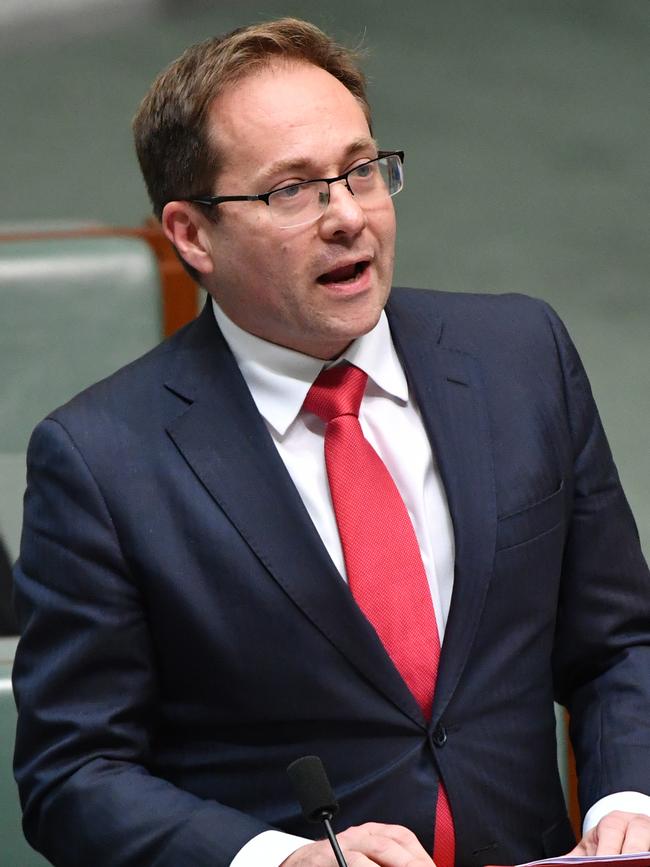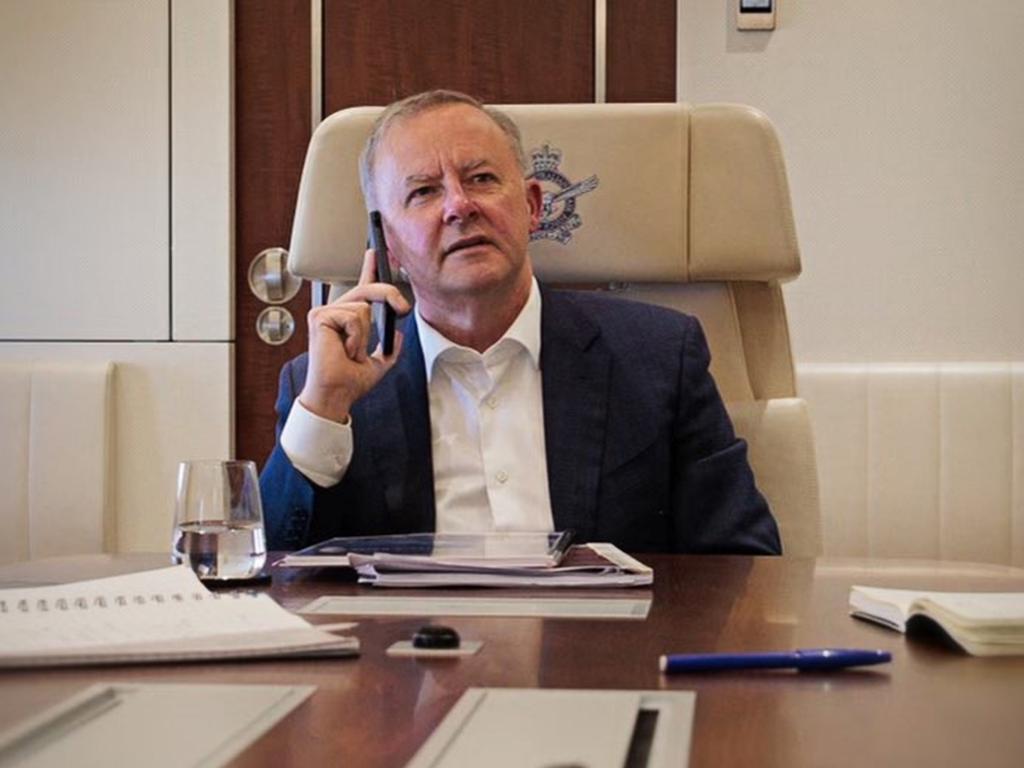
These decisions can’t just be about who has served the longest, who is a factional heavyweight, what mix will satisfy the balance of state or gender representation. While such things do matter, they are wider considerations. Getting the economic line-up just right must be all about selecting the talent and know-how in the ranks.
The campaign was dominated by Coalition claims that “Labor can’t manage money”, which is a slur largely without basis. It was also an ultimately unsuccessful political attack simply because the Coalition had tripled the debt it inherited from Labor, including having doubled it before the pandemic even began.
And there is no need to re-litigate the important effect Bob Hawke and Paul Keating’s micro-economic reforms in the 1980s have had on Australian economic prospecting ever since.
But the coming years will be tough, and threats to the economy will be central. Labor needs to muscle up to any potential scare campaign on this front in three years time with its best team.

In the here and now, new PM Albanese needs to take full advantage of the array of PhDs in economics in his parliamentary ranks as he contemplates how to structure the frontbench. I can’t recall a time when an incoming government had such policy and academic rigour in its ranks on the economic front. There is Andrew Leigh (Harvard PhD), Daniel Mulino (Yale PhD) and the newly elected Andrew Charlton (Oxford PhD). All three received their training from world leading universities.
Albo should use his authority from Saturday night’s victory to promote them all.
The new Treasurer and Finance minister have already been sworn in as part of Labor’s interim reduced working cabinet. Treasurer Jim Chalmers holds a PhD, although in political science not economics. He was Wayne Swan’s chief of staff during his treasurership, so Chalmers understands the system. Finance minister Katy Gallagher was the chief minister of the ACT, so she too knows how to navigate the system. While she isn’t economically-trained either, she did hold the treasury portfolio in the territory prior to becoming leader.
The fact neither have economic training is a reason to promote the PhDs underneath them.
Leigh was an assistant shadow minister in Albo’s opposition, with treasury responsibility. He was a rung higher when Bill Shorten was leader, but factional deals saw him demoted from the outer ministry after the 2019 defeat into the assistant shadow ministerial ranks, otherwise known as parliamentary secretary ranks.

At the very least Leigh needs to retain his economic portfolio as an assistant minister in government, having been at the vanguard of attacks on waste in the JobKeeper program, which cut through politically. His understanding of economics would be a powerful weapon for more senior ministers to call on, and to support Chambers and Gallagher as they hand down a Labor budget later this year.
Ideally, Leigh would be promoted to Assistant Treasurer, allowing Albo to move Stephen Jones from that outer ministerial role into a more senior cabinet post. The defeat of Kristina Keneally and Terri Butler – both shadow cabinet ministers – would allow Albo to do that, and Jones is a close factional ally to Albo too.
Elevating Leigh but keeping him in a treasury portfolio would allow for the two remaining PhDs in economics, Mulino and Charlton, to also be better utilised. Mulino could take over Leigh’s previous role with a promotion into the assistant ministerial ranks. He held a treasury parliamentary secretary position at state level in Victoria before moving into federal politics, so taking on the equivalent in the new Labor government would be a natural fit.
To be sure, Charlton will be a cabinet minister one day, there is little doubt about that. Assuming he can work on his interpersonal skills: his colleagues say he’s not the warmest person any of them have met. But he can’t be moved upwards immediately, at least not onto the frontbench in his first term. Not after the controversy of Albo parachuting him into the seat of Parramatta.

Charlton should, however, be made the chair of the House economics committee in Labor’s first term, which would see him contribute to the economic management of the government and the parliament. It would be the perfect stepping stone to higher office. Remember, he was Kevin Rudd’s senior economic adviser during the GFC.
Such changes would ensure the new government put its best economic foot forward right away, combating the often unfair perception that Labor and economic management do not mix.
Peter van Onselen is a professor of politics and public policy at the University of Western Australia and Griffith University.








As Anthony Albanese and the Labor factions ponder the complexion of the new frontbench in the coming days they should think long and hard about how they best take advantage of the economic firepower they have in their ranks.